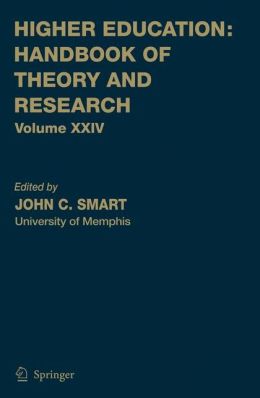2) MLA Citation:
Stiglitz, Joseph E. The Price of Inequality. New York: W W Norton, 2013. Print.
3) Summary:
In The Price of Inequality, economist Joseph Stiglitz highlights not only the accelerating financial inequality currently taking place in America, but poses an agenda to help reconcile the situation. Overall, he contends the 1%, and at an even greater level the .1%, have been experiencing increasing returns in capital gains while the middle class has stagnated and, in some respects, been diminished. The economist makes a point to completely denounce trickle down economics and the thought process that gains at the highest income levels will result in gains to the rest of the population. However, in the long run, he suggests that this type of economy is unsustainable and will lead to detrimental effects. He suggests that America has become a two-tier society, with the haves and the have-nots, that has come as a result of political power and legislation. Only with legislation reform will this trend cease and the monetary gains of the few at the detriment of the majority reverse.
4) Author:
Joseph Stiglitz is American award-winning economist, professor at Columbia University, and acclaimed author. He received the Nobel Memorial Prize in Economic Sciences in 2001 and the John Bates Clark Medal in 1979. In addition to working with the famed economist Robert Solow, he served as senior vice president and chief economist of World Bank and as the 17th Chair of the Council of Economic Advisors during Bill Clinton's presidency. Obviously, his resume speaks for itself; there might not be a more equipped human to speak on the effects of inequality than him.
Joseph Stiglitz is American award-winning economist, professor at Columbia University, and acclaimed author. He received the Nobel Memorial Prize in Economic Sciences in 2001 and the John Bates Clark Medal in 1979. In addition to working with the famed economist Robert Solow, he served as senior vice president and chief economist of World Bank and as the 17th Chair of the Council of Economic Advisors during Bill Clinton's presidency. Obviously, his resume speaks for itself; there might not be a more equipped human to speak on the effects of inequality than him.
5) Key Terms:
Trickle-down eeconomics: This is an argument, perpetuated by politicians and the wealthy, that more financial gains at the top will result in a "trickle down" effect due to growth and the lower income levels will experience gains as well. However, Stiglitz denounces this assumption and notes, "What America has been experiencing in recent years is the opposite of trickle-down economics: the riches accruing to the top have come at the expense of those down below."
Deregulation: The author defines regulation as "the rules of the game that are designed to make our system work better— to ensure competition, to prevent abuses, to protect those who cannot protect themselves." Deregulation, is obviously the absence of these necessary precautions. And without these regulations firms can act in a manner that benefits the few rather than the majority. I believe this concept is applicable for not only the financial sector as Stiglitz suggests, but also with privatization of higher education.
Deregulation: The author defines regulation as "the rules of the game that are designed to make our system work better— to ensure competition, to prevent abuses, to protect those who cannot protect themselves." Deregulation, is obviously the absence of these necessary precautions. And without these regulations firms can act in a manner that benefits the few rather than the majority. I believe this concept is applicable for not only the financial sector as Stiglitz suggests, but also with privatization of higher education.
6) Quotes: (page numbers not available right now as I am reading on a kindle)
"Poor kids who succeed academically are less likely to graduate from college than richer kids who do worse in school. Even if they graduate from college, the children of the poor are still worse-off than low-achieving children of the rich"
"A stark reflection of the inequality of educational opportunity in our society is the composition of students in America’s highly selective colleges. Only around 9 percent come from the bottom half of the population, while 74 percent come from the top quarter."
"Part of the reason for this is that much of America’s inequality is the result of market distortions, with incentives directed not at creating new wealth but at taking it from others."
"Part of the reason for this is that much of America’s inequality is the result of market distortions, with incentives directed not at creating new wealth but at taking it from others."
7) Value:
The book is so incredibly rich with content. I could honestly use this in every single one of my body paragraphs if necessary; I see this as my secret weapon. There is no limit to which the contents of the book could not relate to my essay.



